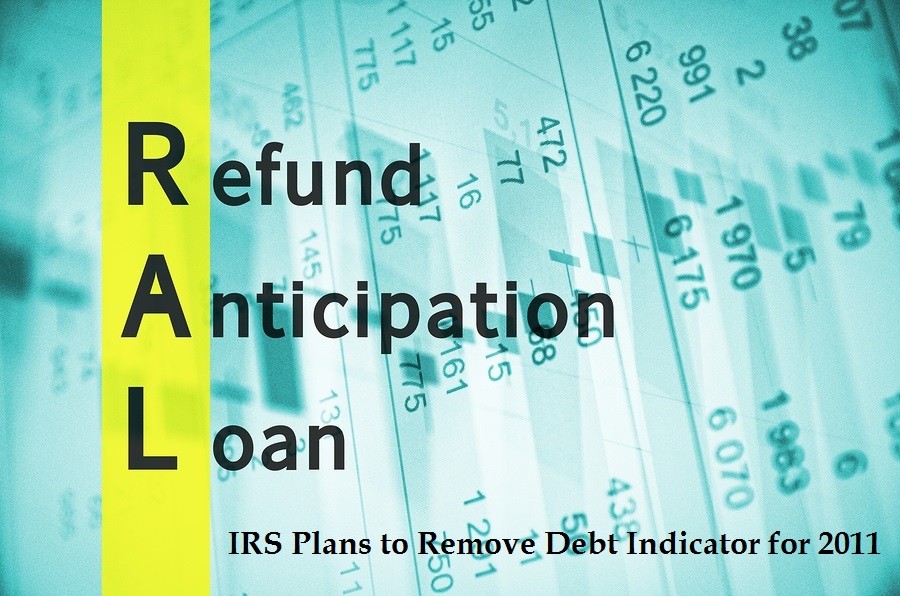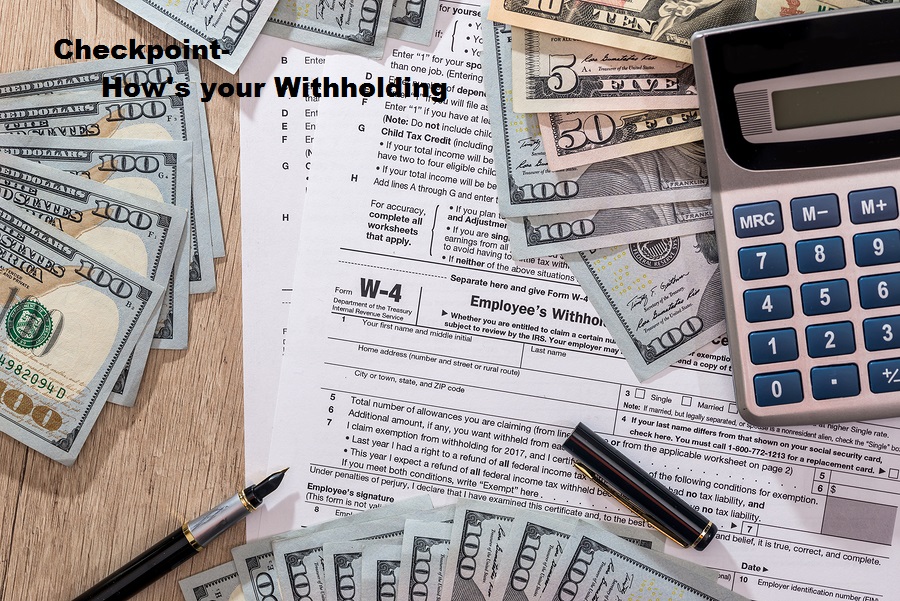
One of the things I like about summer is that I have more time to catch up on my reading. Not just my summer beach novels, but my business related journals as well. During tax season, I basically read what I have to and get back to work. In the summer, I have time to read about all the new laws and new tax proposals and have time to really absorb the information.
There’s a whole hierarchy to the newsletters I receive: 1. Important and relevant–those that come from my professional organizations or the IRS itself. I pay for the privilege of getting this information and so I read it immediately. 2. Other legitimate tax information services–there’s a wealth of information out there. I can’t read it all, but in the summer, I like to catch up. And 3, the group that I consider to be the “scam of the month club.” I’m guessing that doesn’t need much explanation there.
One of the necessary evils of my job is going through my spam folder. Occasionally I receive legitimate business mail that gets diverted to spam, so I have to sort through it. Of course, my spam folder is where I usually find my tax scam of the month. Now to be honest, most of the spam is so obvious that I don’t even bother to open it, but sometimes it’s kind of fun to look at.
For example: “Write-off your Rolex, We’ll Show You How!” No, don’t even try it. It’s not a legitimate business expense.
One that’s been popular this year, “Never Pay Taxes Again, it’s Unconstitutional!” Actually, that argument is a little old. The income tax was declared unconstitutional in 1895. In 1909 Congress proposed to make it part of the Constitution and it was ratified as the Sixteenth Amendment in 1913. The government has had a right to collect an income tax for almost 100 years.
One that caught my eye the other day was “Tax Deductible Cruise.” That one was intriguing because, to be quite honest, there are some cruises, or portions thereof, that can legitimately be claimed as tax deductions. But, there are a lot of things out there that aren’t.
For one thing, you cannot deduct the cost of a cruise (or any other type of travel for that matter) to attend one of those investment related seminars. You can only deduct travel related to your trade or business. Just because the promoter of a convention says it’s tax deductible, doesn’t mean it is, you have to go by tax law.
That said, there are times when you can legitimately combine your business trip with personal travel and claim a deduction. For example, the IRS is holding one of it’s National Tax Forums in Orlando this summer. The IRS Forums are a very legitimate deductible expense for me. If I spent an extra day down there visiting my good friend, Mickey Mouse, my trip would still be deductible. I couldn’t deduct the hotel cost for the extra day spent at Disney World, but the travel costs for the trip would still be written off.
There are even some times when you may even be able to deduct that cruise, or maybe part of it, for business. The key of course is legitimacy and excellent records. (That’s both, not either/or.) Legitimacy meaning that you have a real business purpose relating to that cruise. And by record keeping, I mean that you substantiate the amount of money you spent, the time you spent it, the place and business purpose of every expenditure. And you do it while you’re on the cruise, or right after, not six months later in your accountants office while doing your taxes. You can pretty much guarantee that deducting a cruise as a business expense is going to get a thorough review by the IRS. Your best defense is to have flawless records.
If you’ve read about some tax idea on the internet and you’re wondering if it’s true or not, get a professional opinion. You certainly don’t want to miss out on a valuable opportunity, but you don’t want to be duped either. Many scams have some point of fact in them to start with. (Like the unconstitutionality argument, it was true back in 1895.) You know the old saying, if it sounds too good to be true, then it probably is.





